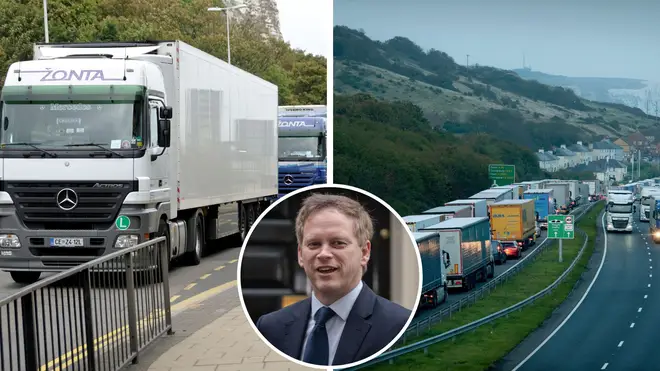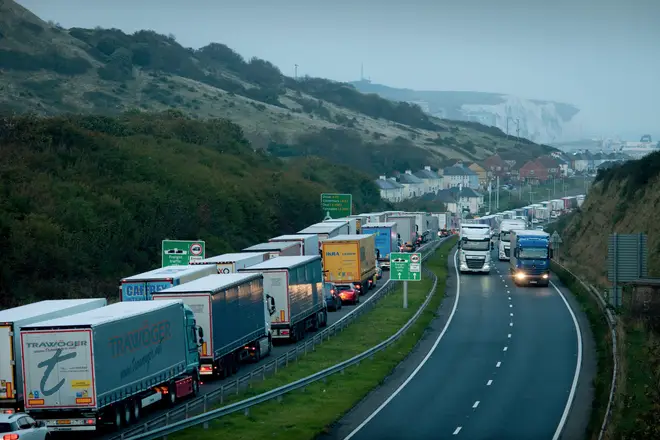
Henry Riley 10pm - 1am
5 August 2022, 08:30

Motorists are set to be allowed to drive lorries without taking a test under a “Brexit bonus” plan to help solve driver shortages.
Transport Secretary Grant Shapps will launch a consultation on whether to lift the Brussels-imposed ban on motorists driving anything larger than a 3.5-ton vehicle.
It means motorists cannot drive vans and lorries up to 7.5 tons without taking further tests, or minibuses with up to 16 seats without restrictions.
Mr Shapps believes lifting the ban could increase the pool of commercial drivers, boosting job opportunities and the economy. It could also help address shortages of HGV drivers because some may graduate to drive heavy goods vehicles.

A government source told the Telegraph: “We are past the days when EU directives were handed down on tablets of stone, and we should be prepared to liberalise where we can, testing the necessity for maintaining driving restrictions that were once thought unnecessary in this country.
“Grant thinks we should have a fresh look at this, but of course this has to be done with due regard for safety.”
EU rules enshrined in UK law bar any motorist with a full driving licence gained after Jan 1, 1997, from driving any vehicle over 3.5 tons without a further specialised test.
Mr Shapps is understood to believe there is a strong case for returning to pre-1997 rules, where anyone with a full licence could drive any vehicle up to 7.5 tons.
Read More: Rees-Mogg admits he 'got it wrong' when he said Brexit wouldn’t cause huge queues at Dover
Read More: James O'Brien destroys government's 'crisis of intelligence' over Brexit
In a letter to MPs, the Transport Secretary wrote: “It has been suggested that now the UK has left the European Union, we may wish to allow all car drivers – not just those who passed their test before Jan 1, 1997, the right to drive these larger vehicles without need for a further test.
“Changes to the licensing categories would potentially create a greater pool of drivers. I am quite happy to explore this idea and how this may work in reality – without making any commitments to legislative change at this stage.”
He said the consultation aimed to seek “evidence on the economic benefits of widening the recruitment pool for medium-sized goods vehicles and minibus drivers, which may attract more people to the industry and support economic growth by further strengthening our supply chain”.
A cross-party group of MPs called for the logistics industry to “get its house in order”, including better overnight facilities for drivers and new training routes to recruit more hauliers, as the sector faces labour shortages.
The Commons Transport Select Committee said that if the changes are not made within two years, then the most profitable parts of the sector should face a new tax.
Under the proposed Supply Chain Levy, large supermarkets, oil companies and online service giants could be forced to pay towards the cost of new facilities for heavy goods vehicle (HGV) drivers.